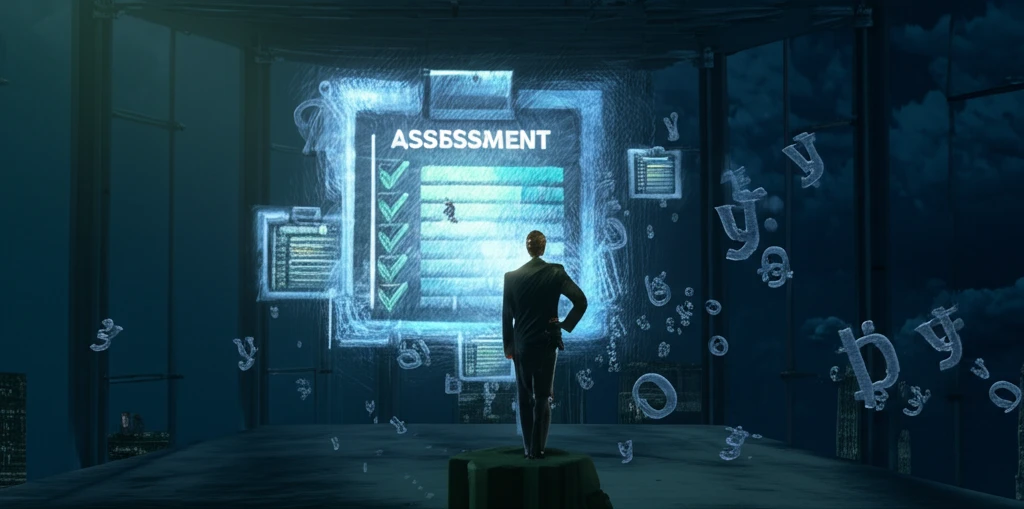
Unlock Your Teaching Potential: Why Assessment Literacy is Key for Language Educators
"Navigate the evolving landscape of language education by mastering assessment literacy. Discover practical strategies to improve student learning and your teaching effectiveness."
Assessment literacy (AL) is more than just grading papers; it's about deeply understanding the principles of assessment and applying them effectively to enhance student learning. It requires educators to produce quality assessments tailored to specific purposes and contexts. A solid grasp of AL enables instructors to assess learners effectively, leading to a more enriching educational experience. With AL, teachers can accurately interpret and apply assessment results, ensuring the validity and meaningfulness of test scores.
Many language instructors feel ill-equipped to develop effective classroom-based assessments. This gap underscores the importance of providing professional development opportunities focused on assessment literacy. Instructors need to understand the knowledge base of assessment and connect it directly to their teaching practices. Practical resources and activities are essential for language teachers who also serve as language testers. Knowing what aspects of assessment are crucial for performing their jobs effectively is vital, making professional development in AL highly valuable.
At institutions like the Center for Language Study at Yale University, assessment literacy is supported through workshops, brown bag sessions, and symposia. These programs offer language faculty and graduate students opportunities to enhance their skills in language pedagogy, technology, and testing. With a diverse language program that includes over 90 faculty members teaching close to 50 languages, the need for robust assessment practices is evident. Many institutions also have language requirements, further emphasizing the need for effective assessment to ensure student proficiency.
Mastering Assessment Literacy: A Practical Guide for Language Teachers

Assessment literacy encompasses a range of skills and knowledge, crucial for effective teaching. These include understanding basic assessment principles, writing clear test specifications, and moderating assessment items. By focusing on these key areas, language educators can create more reliable and valid assessments.
- Writing Test Specifications: Clearly define the purpose, content, and format of each assessment to align with learning objectives.
- Item Writing and Moderation: Crafting effective test items and reviewing them to ensure clarity and fairness.
- Testing the Test: Evaluating the reliability and validity of assessments to ensure they accurately measure student knowledge.
- Creating Rubrics: Developing clear scoring guidelines to ensure consistent and fair grading.
- Assessing Grammar Communicatively: Evaluating grammar skills in the context of real-world communication.
- Classroom-Based Assessment: Using assessments that are integrated into daily classroom activities to monitor student progress.
- Assessing Oral Skills: Effectively measuring students' speaking abilities through various assessment methods.
- Assessing Reading: Evaluating students' comprehension and analytical skills through reading assessments.
Empowering Educators Through Enhanced Assessment Literacy
By enhancing assessment literacy, language educators can create more effective and equitable learning environments. Survey responses consistently show that workshops dedicated to assessment and language testing have increased understanding and stimulated valuable conversations among educators. This collaborative approach fosters a culture of continuous improvement, benefiting both teachers and students alike. Ultimately, a commitment to assessment literacy empowers educators to make informed decisions, leading to better learning outcomes and a more enriching educational experience for all.
